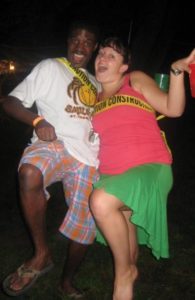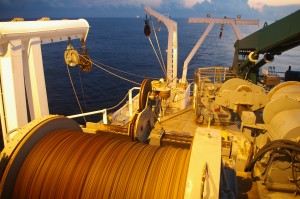Many years ago as a graduate student at the College of William & Mary, Virginia Institute of Marine Science, my former officemate (Noelle Relles) and I came up with a novel idea: take all the disparate information out there about strategies for getting into graduate school in the natural sciences and coalesce them into a single concise yet comprehensive text. Essentially develop a How-To book about graduate school. But we wanted the book to be more than just instructional anecdotes. We were scientist, and thought it would be useful to add a level of empiricism to the book. We wanted to write a How-To book where the conclusion were driven by results from a national survey of graduate admissions offices in the USA. At the time, writing a book based on a national survey of graduate programs seemed like quite a long-shot as we were both a number of years removed from getting our PhDs, and the most pressing issues in our lives at that time were graduating and finding free food and alcohol.

Read More “The Worlds First Empirical ‘How-To’ Get Into Graduate School Book” »

